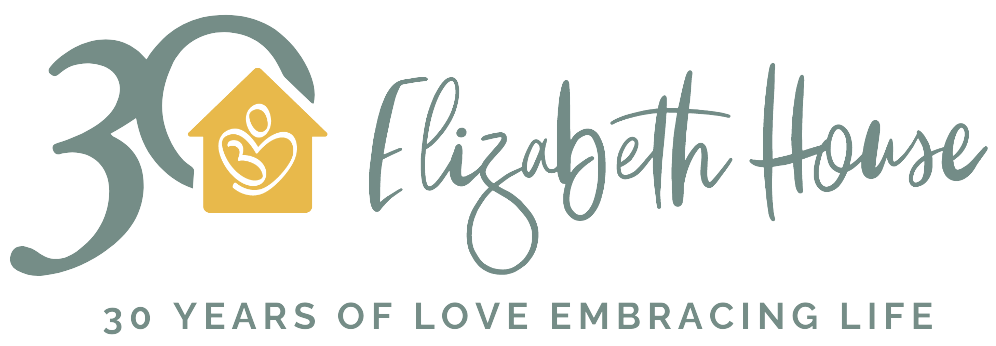Thinking Through Compassionate Care
Written by Emily Kemp, MSW, Program Manager
Bright and early on Monday morning, Elizabeth House staff were firing up our cerebrums as we dove head-first into a trauma-informed care training to better care for our clients and each other.
Liz Arnold, Program Coordinator for Young and Healthy (a local nonprofit partner), led our entire staff through a training on brain development, Adverse Childhood Experiences (ACEs), the practice of trauma-informed care and how we can all make a difference. Through a deeper understanding of how the brain develops and functions, as well as how ACEs can cause lifelong, negative health outcomes, our staff gained a greater scaffolding for how to meet our clients where they are.
“Children with ACEs grow up to be adults with ACEs,” Liz explained. ACEs are experiences like physical, emotional and sexual abuse; neglect; household dysfunction; parents dealing with mental illnesses or substance abuse; and divorce. The midbrain, which serves important motor movement functions, as well as the prefrontal cortex, which controls planning, understanding and reasoning, are usually most affected by ACEs. These scientific and sociological facts, taught throughout the training, are vital for our staff to remember as we come alongside our adult client mothers who oftentimes were children who experienced ACEs.
Did you know that it takes 90 seconds for a healthy brain to calm down when the amygdala is stimulated and our emotions are heightened? Or did you know that in trauma, our amygdala gets too large and overrides other important parts of our brains that help us to think, learn, reason, and store memory? Multiply these facts by other experiences that our Elizabeth House families may have had and it becomes clear that specific and intentional care must be given to how we guide and serve.
But, there’s good news!
First, brain plasticity or neuroplasticity makes it possible for our moms and children to develop new and healthy patterns of behavior with time and effort. Second, as staff we learned some practical ways to implement intentional care with our clients. We learned to HALT if a client is hungry, angry, lonely or tired; that everyone (even adults) desire to be seen, safe and soothed; and that helping someone regulate back to their “resiliency zone” can be as simple as having them match our breathing through focused breathing exercises.
For Elizabeth House, a Trauma-Informed Care approach to our families aligns with one of our core values: Compassion. Since 1994, we have aimed to demonstrate unconditional love by engaging women and children with a posture of understanding, empathy and purposeful care.
For follow-up resources on figuring out what kids’ brains need, check out "The Whole-Brain Child: 12 Revolutionary Strategies to Nurture Your Child's Developing Mind" by Daniel J. Siegel and "Breathe Like a Bear: 30 Mindful Moments for Kids to Feel Calm and Focused Anytime, Anywhere" by Kira Willey.

